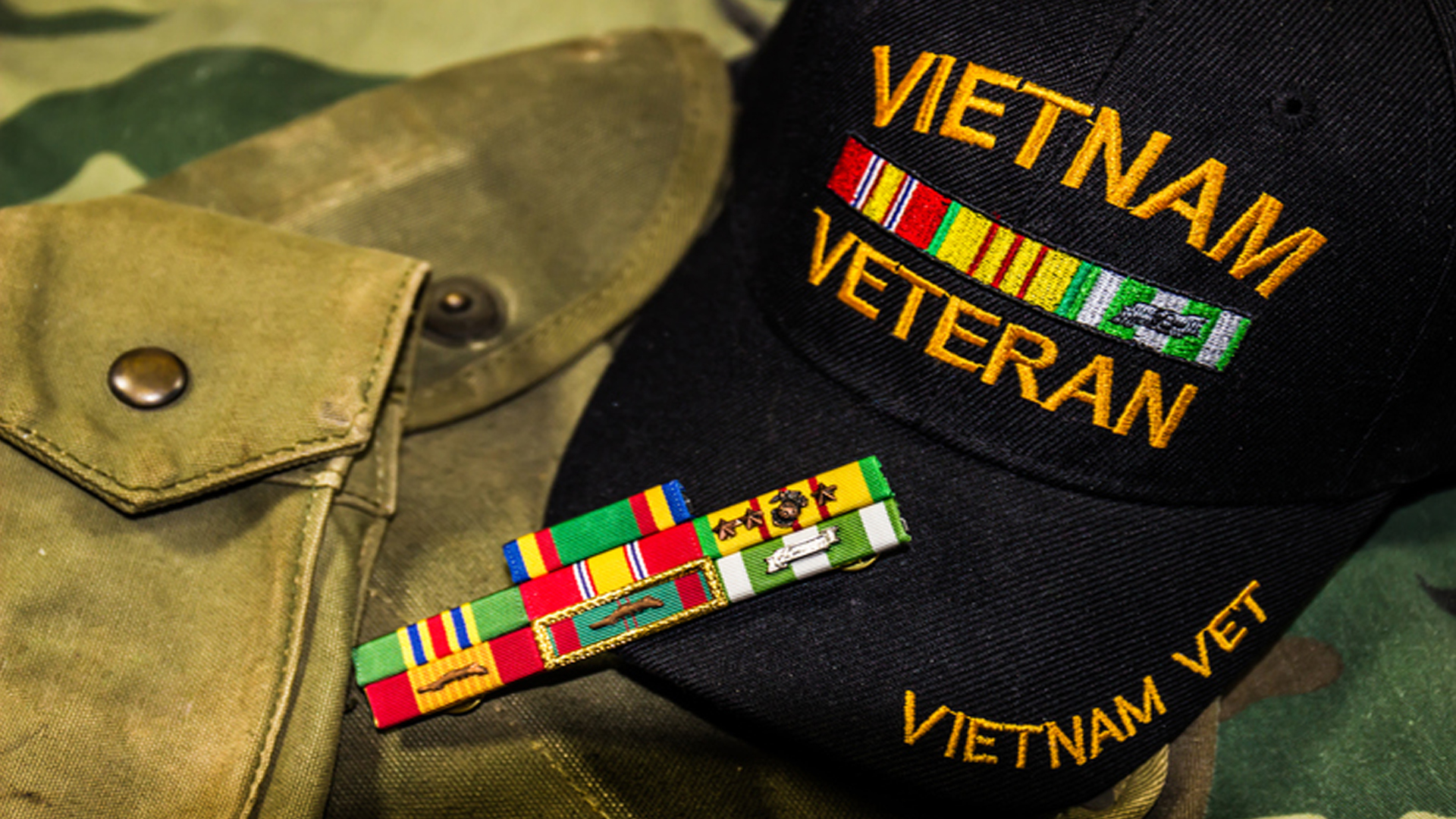Understanding the Eligibility Criteria for Vietnam-Era Veterans

You might be eligible for various benefits if you're a veteran who fought during the Vietnam conflict.
These benefits are meant to provide financial assistance for you and your family now and in the future.
Who is considered a Vietnam-era veteran, and what benefits are accessible to those veterans?
Here, we will take a more in-depth look at the requirements for eligibility imposed on veterans who served during the Vietnam War, as well as the most prevalent benefits that are made accessible to them.
What is a Vietnam-Era Veteran?
"Vietnam-Era Veteran" refers to a person who has served in the military and is considered a war veteran.
Although it was technically fought from 1955 to 1975, the period included the years between February 28, 1961, and May 7, 1975, when American involvement began.
Veterans from all conflicts who served during this time frame are included here.
An honorable discharge from the armed forces must be recognized as a Vietnam-era veteran. Most VA benefits are inaccessible to those who got a less-than-honorable discharge.
Eligibility Criteria for Vietnam-Era Veterans
Vietnam-era veterans with honorable or general discharges are eligible for benefits. The veteran must have served 90 days, including one day in Vietnam.
Honorable or General Discharge
Veteran benefits need an honorable or general discharge. Dishonorable and other less-than-honorable discharges may exclude veterans from certain benefits.
Service Length and Vietnam-Era Service
They must have served 90 days, including one day in Vietnam. They need not serve. Some benefits are available to non-Vietnam veterans who served at least 24 months.
What Benefits Are Available to Vietnam-Era Veterans?
Vietnam-era veterans get VA benefits. Benefits include:
- Health Care: Veterans may get health care through the Department of Veterans Affairs (VA). Vision, dental, and medical care are included.
- Disability Compensation: The VA may provide disability compensation to military veterans who are wounded or sick.
- Pension: Pensions are available to veterans over 65 or with permanent and complete disabilities. Veterans get monthly tax-free payments.
- Education and Training: Veterans are eligible for GI Bill and other VA educational assistance programs.
- Home Loan Guarantees: The VA offers mortgage assistance to qualified veterans.
- Life Insurance: The VA offers life insurance coverage to qualified veterans.
- Vocational Rehabilitation and Employment: Veterans with service-connected disabilities may be eligible for employment and rehabilitation services. These programs assist veterans in finding and keeping jobs.
How to Apply for Benefits?
Steps to apply for Vietnam veteran benefits:
- Application Process: VA applications are required for Vietnam-era veteran benefits. Online, postal, or VA office applications are accepted.
- Gather Your Documents: Gather all required papers before applying. It includes your DD-214 or other separation documentation and service-related medical records.
- Determine Your Eligibility: After receiving your paperwork, you must assess your advantages. Visit the VA website or call your local VA office.
- Apply for Benefits: You must submit VA paperwork to apply for benefits. Online, in-person, or by mail.
- Additional Resources: Contact your local VA office or VSO for assistance in applying for benefits or eligibility problems.
Concluding Remarks
Vietnam-era veterans should be aware that the VA offers a variety of benefits to those who served their country. You and your loved ones may count on these perks to assist out now and in the future.
Gather the necessary paperwork, assess your eligibility, and then fill out the forms to submit your application for benefits.
If needed, contact your local VA office or a VSO for guidance during this procedure.

